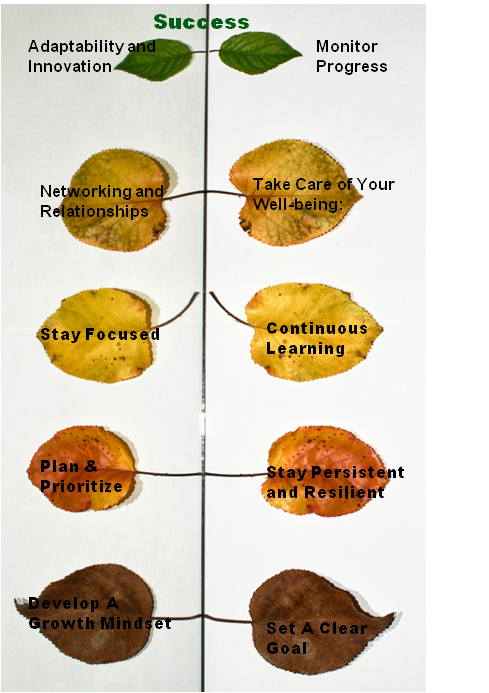How Health Anxiety Kill The Human Brain and Body
- Mohit Kumar
- Aug 19, 2023
- 3 min read
Health anxiety, also known as illness anxiety disorder or hypochondriasis, is a mental health condition characterized by excessive worry and fear about having a serious medical illness, despite minimal or no evidence of actual medical problems. Individuals with health anxiety often interpret normal bodily sensations or minor symptoms as signs of a severe illness, leading to heightened distress and preoccupation with their health.

Key features of health anxiety include:
Excessive Worry: People with health anxiety constantly worry about their health, often jumping to the worst possible conclusions about their symptoms.
Seeking Reassurance: They frequently seek reassurance from medical professionals, family, or friends, but even after receiving reassurance, their fears persist.
Frequent Checking: Individuals may compulsively check their bodies for signs of illness, such as lumps or irregularities, which can actually increase anxiety.
Avoidance Behavior: Some people might avoid situations, places, or activities they associate with illness, to prevent triggering their anxiety.
Researching Symptoms: Health anxiety often involves extensive research about medical conditions online, which can lead to further anxiety as they interpret common symptoms as indicators of serious diseases.
Interpretation of Symptoms: Normal bodily sensations or mild symptoms can be interpreted as catastrophic health issues. For instance, a headache might be interpreted as a brain tumor.
Physical Symptoms: The anxiety can lead to actual physical symptoms such as muscle tension, fatigue, stomach discomfort, and difficulty sleeping.
How To Overcome From Health Anxiety ?
Handling health anxiety at home involves a combination of self-care techniques, cognitive behavioral strategies, and seeking professional help if necessary. Here's a step-by-step guide to help you manage health anxiety on your own, there are various solution to overcome the health anxiety mention below :
"You are not your illness. You have an individual story to tell. You have a name, a history, a personality. Staying yourself is part of the battle." — Julian Seifter
Educate Yourself: Learn about health anxiety and understand that it's a common condition where excessive worrying about health can lead to distress. Knowing that you're not alone and that many people go through similar experiences can be reassuring.
Limit Health-Related Information: Constantly searching for medical information online or watching health-related news can exacerbate anxiety. Limit your exposure to such information and choose reliable sources if you do seek information.
Practice Mindfulness and Relaxation Techniques:
Deep breathing exercises: Practice deep, slow breathing to calm your nervous system.
Meditation: Engage in mindfulness meditation to stay present and reduce anxious thoughts.
Progressive muscle relaxation: Tense and release different muscle groups to alleviate physical tension.
Famous Quote
"Deep breathing is our nervous system’s love language." — Dr. Lauren Fogel Mersy
Challenge Negative Thoughts:
Identify negative thoughts: Recognize the distorted, catastrophic thoughts that trigger your anxiety.
Question your thoughts: Ask yourself if your worries are based on evidence or assumptions. Challenge unrealistic thinking.
"You don’t have to control your thoughts. You just have to stop letting them control you." — Dan Millman

Create a Worry Time: Allocate a specific time during the day when you allow yourself to think about health concerns. Outside of that time, try to redirect your thoughts whenever anxious feelings arise.
Practice Exposure Therapy:
Gradual exposure: Intentionally expose yourself to health-related triggers in a controlled way. For example, start by reading about mild health issues and work your way up.
Stay with discomfort: Gradually increase your tolerance for uncertainty and discomfort without seeking reassurance.
Engage in Healthy Lifestyle Choices: Handling health anxiety at home involves a combination of self-care techniques, cognitive behavioral strategies, and seeking professional help if necessary. Here's a step-by-step guide to help you manage health anxiety on your own:
Regular exercise: Physical activity can reduce anxiety and improve overall well-being.
Balanced diet: Nutrient-rich foods can support your mental health.
Adequate sleep: Prioritize sleep to help regulate your mood and anxiety levels.
Establish a Routine: Structure and predictability can provide a sense of stability, reducing anxiety.
Stay Connected:
Reach out to friends and family: Sharing your worries with loved ones can provide comfort.
Avoid isolation: Isolation can worsen anxiety. Stay connected through social activities, even if they're online.
Seek Professional Help:
If your health anxiety significantly interferes with your daily life or is causing distress, consider seeking help from a mental health professional.
Therapies like Cognitive Behavioral Therapy (CBT) and exposure therapy are effective in treating health anxiety.
Medication: In some cases, a psychiatrist might prescribe medication to manage severe symptoms.
Remember that overcoming health anxiety takes time and effort. Be patient with yourself and celebrate small victories along the way. If your anxiety is overwhelming or persistent, consider consulting a mental health professional for personalized guidance and support.




Comments